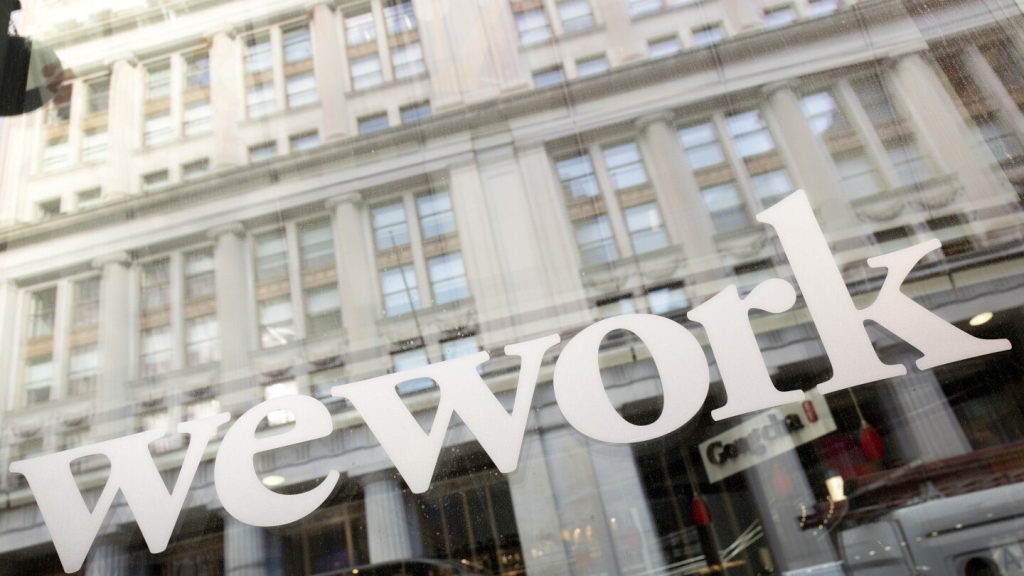As WeWork continues to navigate through its bankruptcy proceedings, the company has announced that it expects to emerge from bankruptcy by the end of May. WeWork has been focusing on restructuring its leases in order to reduce real estate costs, which it estimates will bring $8 billion in future rental savings. The company has been working on renegotiating leases at 90% of its roughly 500 owned locations, with agreements in place to amend or reject leases. Additionally, WeWork has reached an agreement with holders representing 92% of its secured notes to eliminate over $3 billion in debt obligations.
During the bankruptcy proceedings, WeWork faced challenges with hefty rent payments to landlords as it sought to renegotiate leases. Some landlords’ lawyers raised concerns in court, alleging that the company’s actions violated bankruptcy rules. WeWork initially announced plans to renegotiate the majority of its leases in September, following concerns over its ability to remain in business. The company highlighted increased member churn and financial losses as factors driving the need to cut back on its real estate portfolio.
The specter of bankruptcy has loomed over WeWork for some time, with experts attributing it to the company’s aggressive expansion in its early years. WeWork’s failed attempt to go public in 2019 led to the ousting of founder and CEO Adam Neumann, whose behavior and spending habits unsettled early investors. SoftBank, a Japanese conglomerate, stepped in to provide financial support and acquired majority control over WeWork. The company’s struggles have been compounded by the impact of the COVID-19 pandemic on the co-working industry, further highlighting the challenges faced by WeWork.
WeWork’s journey through bankruptcy exemplifies the challenges faced by companies in the ever-evolving real estate and shared workspace sector. The company’s focus on renegotiating leases and reducing debt obligations reflects a strategic effort to streamline operations and drive long-term sustainability. As it works towards emerging from bankruptcy, WeWork will need to navigate the complexities of the post-pandemic business landscape and rebuild trust with stakeholders. The outcome of WeWork’s restructuring efforts will be closely watched by industry observers and investors alike as it seeks to redefine its place in the competitive co-working market.
Despite the tumultuous events that have unfolded, WeWork remains optimistic about its prospects for emerging from bankruptcy and charting a new path forward. The company’s efforts to restructure leases, reduce debt, and address operational challenges demonstrate a commitment to overcoming obstacles and regaining financial stability. As WeWork navigates the final stages of its bankruptcy proceedings, stakeholders will be eager to see how the company’s strategic decisions and operational changes will position it for success in a post-pandemic world. The coming months will be crucial for WeWork as it seeks to rebuild its reputation and restore confidence among investors, members, and partners.


